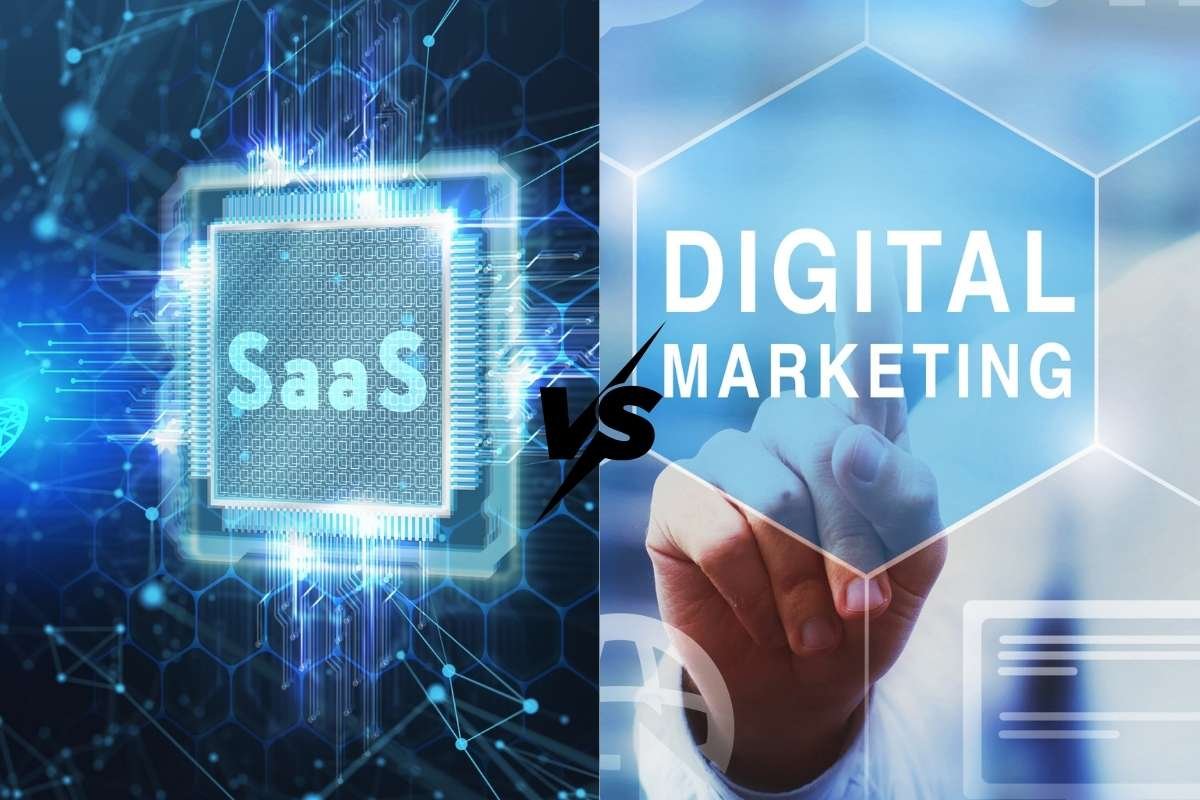
Dr. Amy Ho, Senior vice president and chief of medical informatics at Integrative Crisis Services, speaks at HIMSS22 in Orlando on Monday.
Photo: Jeff Lagasse/Health care Finance News
Much more than at any time just before, data drives the small business of healthcare. The COVID-19 pandemic in unique introduced figures, data and analytics to the forefront, and the health care market saw real scrutiny on the source of its info, as effectively as the collection procedures and assessment around it. This intensified the stress to have accurate, streamlined and scalable information analytics capabilities for wellbeing devices, clinics and doctor groups.
With this in brain, all those in the company of health care will need to look at how their details is gathered and introduced – and a facts analytics workforce led by medical professionals may just be the greatest pth ahead.
Dr. Amy Ho, senior vice president and main of medical informatics at Integrative Emergency Providers, in her session “How to Make a Homegrown, Medical professional-Led Analytics Division” at HIMSS22 in Orlando on Monday, manufactured the situation that the scientific workflow is only understandable, translatable and workable by a clinician. Hence the significance of generating a doctor-led data analytics team.
“Classically, informatics is greatly, closely associated in EMR approach and design and style,” claimed Ho. “But not so considerably in what data is extracted and what it is applied for.
“Data is translated at each phase. We translate that into an EMR, and ideally it’s engineered to make workflow quick, which flows into medical steps, together with reimbursement. The medical professional will come with all the awareness to comprehend this transformation by now. They just require the appropriate skillset.”
A single of the explanations medical professional involvement is so significant to the approach is the perception they bring to deceivingly complex issues. For example, they may perhaps be asked how quite a few people a medical doctor has seen for each hour. That may possibly seem to be like a straightforward premise, but it delivers up the question of what an hour genuinely signifies: Does it imply a bodily hour? A pickup hour? A routine hour? Only a clinician, claimed Ho, will really know to even question all those concerns, permit alone know what the answers may be.
“It is really hard to get doctors to place knowledge into the EHR in a structured way, but with correct incentives and workflows, they will,” reported Ho. That suggests creating positive facts entry is more quickly, and aligning matters in this kind of a way that clinicians see the supplemental worth somewhat than sensation like it is just added operate.
To get there, however, physicians need a handful of further competencies in their arsenal, like understanding how electronic wellbeing information are developed, and how and in which the records are stored, so they can extract the info when they need to. They also want expertise in analytics and data visualization to have the means to extract meaningful data from the knowledge.
While doctors can be qualified in EHR styles and information visualizations, a health practitioner-led analytics staff won’t necessarily have to be developed internally it can be hired out, specially when it arrives to sure particular roles, these types of as knowledge scientist, API analyst, and someone who keeps the physician on keep track of, this sort of as a manager or administrator.
“As a health practitioner, since you have your have sufferers, you know what is actually happening with your clients, so it is useful to be ready to go into the information and extract points from it,” mentioned Ho.
A person of the trickier facets of having a medical doctor-run details workforce off the ground is creating the value proposition. Part of what provides these a application price, in Ho’s see, is general performance administration.
“Physicians never want to be explained to they are executing improperly by any individual who’s not a medical doctor,” she mentioned. “They do not like it in any case, but it aids if it can be coming from yet another health practitioner. Also, since it’s a doctor which is performing it, you can glimpse for systemic improvements in workflow or medical procedures, and implement those promptly.”
Yet another reward is in price tag overview, which can be mastered by info. Quite a few health methods and methods have quality groups run by various concentrations of medical nurses, but they typically consequence in quite time-insensitive chart critiques. That can be streamlined with smart facts extraction, which interprets into a big charge worth in phrases of gaining back labor resources.
The intention in all of this, mentioned Ho, is harnessing technologies to strengthen procedures specifically and overall health programs over-all.
Twitter: @JELagasse
Email the writer: [email protected]



More Stories
Business Advice You Can’t Ignore for Long-Term Success
Business Advice to Improve Your Leadership Skills
Business Advice That Could Transform Your Company